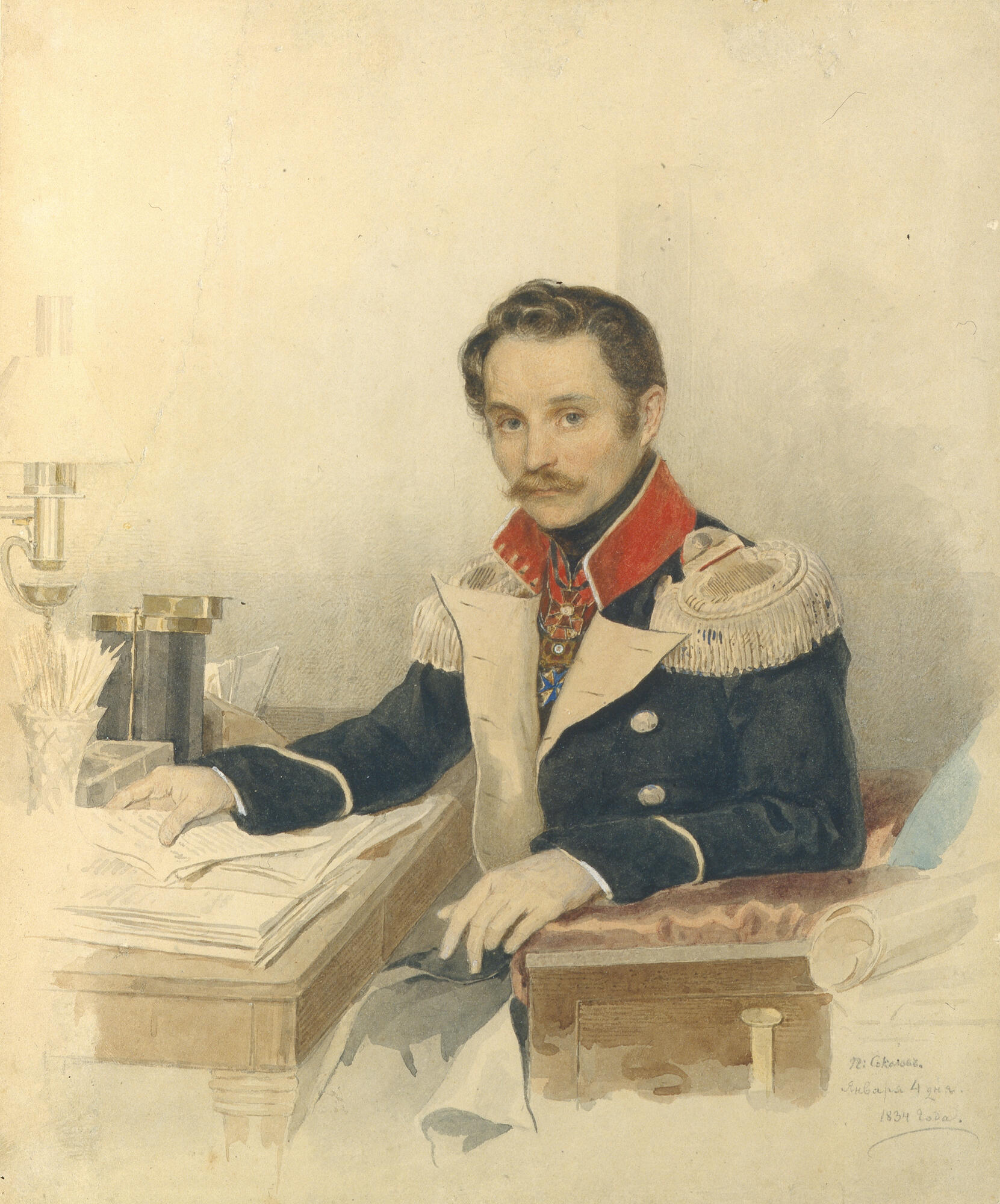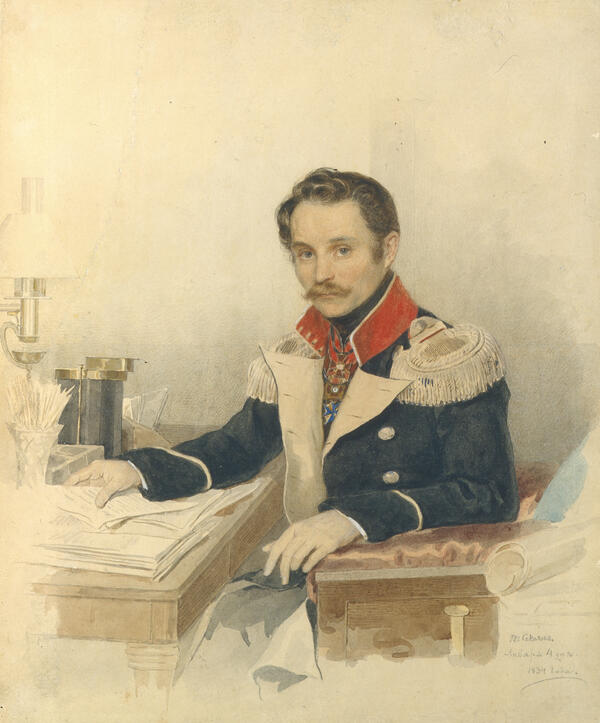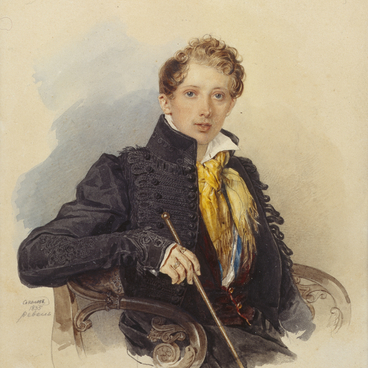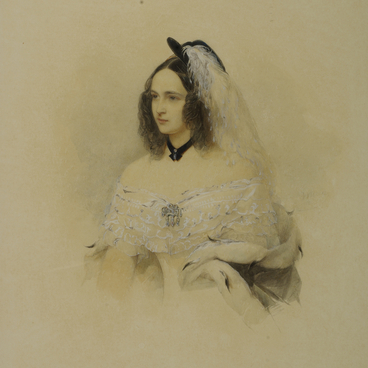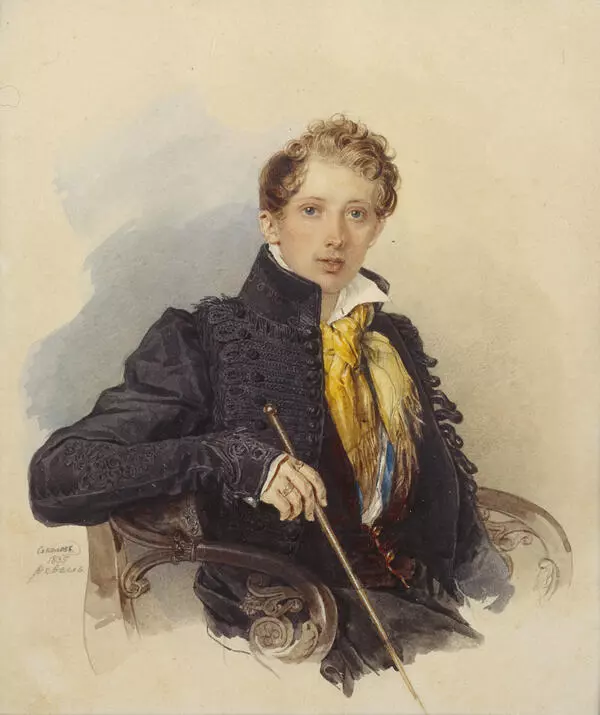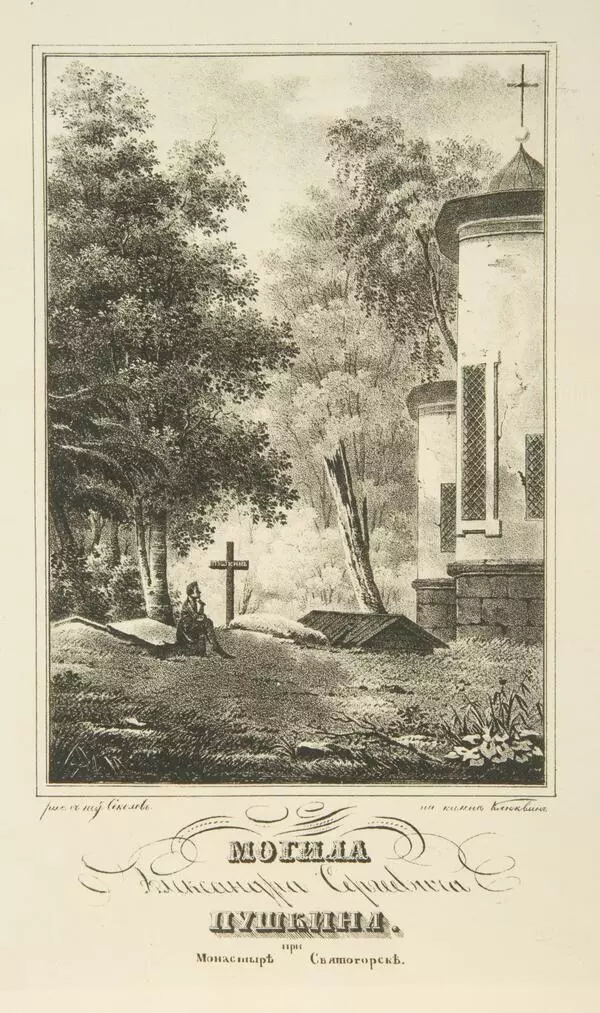The art collection of the State Pushkin Museum features a portrait of Leonty Vasilyevich Dubelt. Dubelt was a participant in the Patriotic War of 1812 and until 1822 served as adjutant to Nikolay Nikolayevich Raevsky Sr., the senior staff officer of the Corps of Gendarmes.
Portrait of Leonty Dubelt
If I, by joining the Gendarmes, become an informant, my good name will be tarnished. However, if, on the other hand, without interfering in the internal affairs of the police, I provide support for the poor and protection for the unfortunate, <…> then what would you call me?
In his memoirs, Herzen described Dubelt as follows,
Dubelt is a unique individual, likely more intelligent than the third department and all three departments of His Majesty’ Own office. His gaunt face, with a long blonde mustache, weary eyes, and especially the lines on his cheeks and forehead clearly indicated that many passions had fought within this man’s chest before the uniform overcame them, or rather, covered up everything that was beneath. His features had a certain wolfish and even fox-like quality, that is, they conveyed the subtle intelligence of predatory animals, along with evasion and arrogance <…> When I approached his office, he was at his desk in his uniform without epaulets, smoking a pipe, and writing.
In his role as an assistant to Alexander von Benckendorff, Dubelt communicated with Alexander Pushkin. After the poet’s death, Dubelt and Zhukovsky worked together to organize and preserve his archive. Leonty Dubelt kept a detailed journal documenting and organizing Pushkin’s documents, letters, and manuscripts. Following the completion of this work that took 15 days, Dubelt prepared a final inventory of the materials, one copy of which was kept by Zhukovsky and the other was presented to Emperor Nicholas I by Benckendorff in 1837. In 1853, Pushkin’s daughter, Natalia, married Leonty Dubelt’s son, Mikhail (1822–1900), who was a lieutenant colonel in the infantry.
